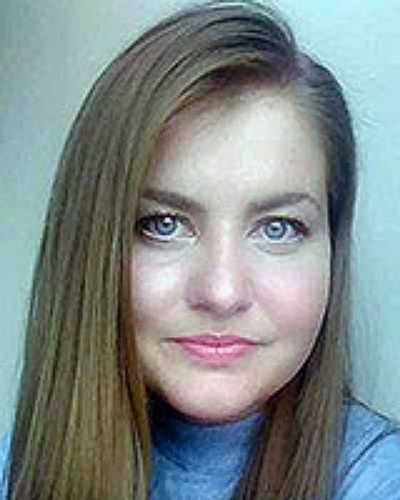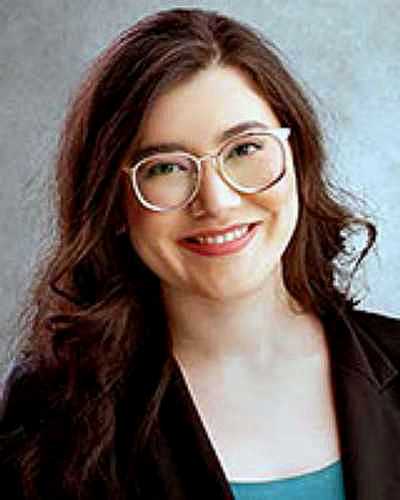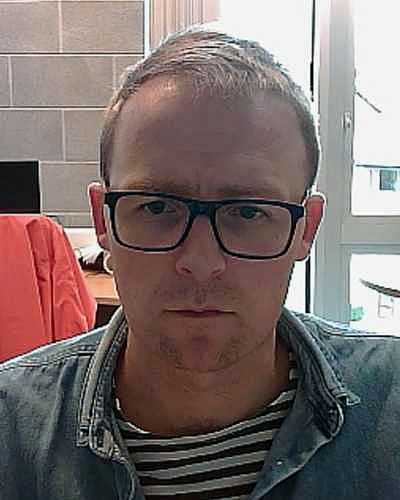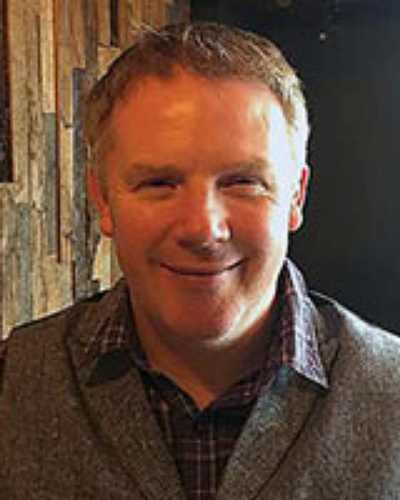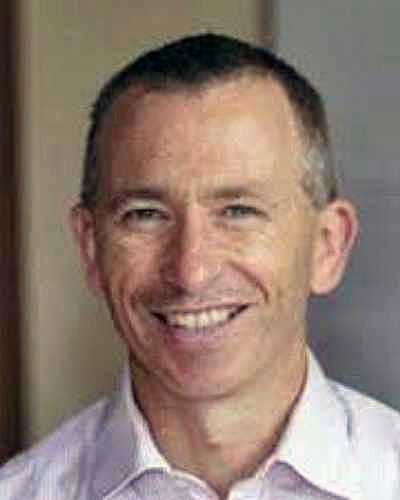Introduction
International conferences offer an excellent opportunity for career development and have been conceptualized as globalized academic venues for educational and professional growth1. Emerging literature now recognizes that participation in such conferences results in social, emotional and intellectual expansion among attendees and argues for representation and inclusivity, especially that of early career professionals (ECPs), who have historically been underrepresented1-3. Given the pedagogical nature, potential for cultivating research interest, and opportunities for long-term mentorship, ECP engagement requires focused attention at such events. Limited accessibility to such opportunities has been identified as a key barrier to ECP participation. In particular, under-representation of delegates from low- and middle-income countries (LMICs) and other underserved regions has been critiqued as ongoing neocolonialism in our scientific community4. While online conference models have been proposed as a solution to financial and geographical constraints faced by ECPs, they remain limited in their ability to curate the human experience of networking and collaborating in person5. It is thus crucial for conference organizers to ask pertinent questions regarding equity and actively address them by creating avenues for finance, travel and global representation.
These efforts, however, must be informed by the nuances of the barriers to conference participation for historically underrepresented groups, of which ECPs are only one. Practical issues such as cost, visa restrictions, travel time and safety, along with overarching systemic issues such as political unrest, language barriers and discrimination in all its forms, have been identified as key barriers to conference participation for ECPs. This is especially true for those from LMICs and other underserved regions, and those who are racialized and/or female or gender diverse4,6. While many conference organisers have made efforts to allow ECPs to register at reduced rates, these rates are often far too high, and such efforts can at times be described as tokenistic, failing to demonstrate to ECPs that their participation is truly valued4. Hence, a lower fee for attendance does not suffice in mitigating the complexities of accessibility. Further, while scholarships and financial bursaries do facilitate attendance, they do not ensure effective integration of ECPs in the conference structure7,8.
Proposed solutions must be examined for their inclusivity and should not halt at the arrival of delegates. Engagement projects that align with the interests and ambitions of ECPs and provide unique learning opportunities must be crafted into the conference design by organisers. Conference location has been identified as a key ‘pull factor’ owing to conference tourism, but inevitably acts as a barrier to ECP conference participation in many cases4,6,9. Thus, purposeful efforts to ensure ample time and support in planning travel and accommodation, in addition to sufficient funding, are necessary to ensure access. Taken together, these actions have the potential to increase social accountability at international conferences.
It is important to note that aligning with the principles of equity adds diversity and richness to the academic exchange while encouraging social accountability within our profession. By providing a platform for the representation of diverse ECPs, including those from LMICs and other underserved regions, we encourage a true reciprocity whereby senior physicians learn from young leadership, gain innovative perspectives and ensure representatives of the future of the profession feel appropriately valued and included4. WONCA has developed one such initiative for conference equity through vertical and cross-country collaboration at the annual World Rural Health Conference. In this article we describe the novel Rural Early Career Ambassador Integration project and its implications for the 2022 World Rural Health Conference, held at the University of Limerick, Ireland.
Methods
The Rural Early Career Ambassador Integration project followed the vision to offer vertical and cross-country collaborative opportunities to ECPs with a shared passion for rural medicine and care of underserved populations through deliberate recruitment, integration and involvement. Rural health care continues to face a global workforce crisis10-12, and the organisers wanted to ensure that a key outcome for this conference was credible and meaningful engagement with, and inclusion of, future rural healthcare practitioners and leaders in all conference activities. The call for global applications was opened in February 2022. Participants were required to submit a one-page curriculum vitae and a 3-minute video explaining the reason for their interest, their relevant experience and their motivation. Students enrolled in medicine, nursing or allied health professional degree programs and who were within 5 years of graduation were eligible to apply. Fourteen applications were received. Two independent judges scored the applications against a pre-established marking rubric (Table 1). The three most highly ranked applicants were offered the ambassadorship 2 months in advance of their expected arrival, with the option to defer or decline. Global scope and unconscious bias regarding gender, ethnicity and LMIC status were taken into consideration during the selection process to ensure equity.
The ambassadors represented diverse nationalities, ethnicities, educational and work backgrounds and possessed unique perspectives on and visions for rural medicine. All three ambassadors were female-identifying, first-generation physicians, who had recently graduated from medical schools in Brazil, Canada and India and were working and/or living in rural/remote areas. The ambassadors were at different career stages. At the time of the conference, one of the ambassadors was a final-year family medicine resident physician in Nunavut, Canada. The other ambassadors had not yet entered formal postgraduate training. One ambassador had completed medical school in India and was pursuing a graduate degree in Butaro, Rwanda. This ambassador required prompt visa support, which was provided by the conference organisers. The other ambassador had completed medical school in Brazil and had been working on rural health projects with an international rural health organisation, Rural Seeds, representing Ibero-America. The ambassadors bore no personal cost for travel, transport or accommodation for the conference. Medisec, a medical indemnity company and sponsor of the 2022 World Rural Health Conference, provided the majority of sponsorship funds.
In the weeks preceding the conference, the ambassadors, together with a representative of the conference student subcommittee, met weekly on Zoom to share their perspectives, and to develop their ideas and goals for their time in Ireland, the conference host country. Upon arrival, each ambassador was matched to and clinically shadowed an expert rural GP, who provided mentorship to the ambassadors for the duration of the conference and beyond. Mentors and ambassadors collaborated on goal-setting and work-planning throughout the conference, and mentors provided one-on-one career, research and networking advice to the ambassadors. The ambassadors were welcomed and integrated within a larger working party, the WONCA Working Party for Rural Health, through council meetings, and were encouraged to collaborate on The Limerick Declaration on Rural Healthcare, a significant policy article outlining the future of Irish rural health care13. The ambassadors engaged in conference promotion via social media in the lead-up to the conference, and this was continued throughout the conference. The ambassadors were also connected to peer mentors at the University of Limerick in advance of the conference, who provided additional networking and logistical support to the ambassadors during their stay. A formal introduction of the ambassadors was made during the opening session of the conference to facilitate networking. An invited plenary with no competing events was held at the end of the conference, which provided the ambassadors with a platform to share their education, work and conference experiences, in addition to a united vision for the future of rural medicine. The ambassadors actively participated and showcased their original research projects through oral and poster presentations while attending oral and poster presentations, keynote speeches and social events. Consistent feedback from the ambassadors was sought by conference organisers to enable a tailored and rich learning experience that catered to the unique interests and ambitions of the ambassadors.
Table 1: Application criteria, requirements and selection rubric for early career applicants to the 2022 World Rural Health Conference
Results
The Rural Early Career Ambassador Integration project was well received by both the conference delegates and organisers, and was successful in introducing the global nuances of rural medicine to local experts. Most significantly, this cross-collaboration generated actionable policy implications as is evidenced by the co-authorship of the ambassadors in the Limerick Declaration on Rural Healthcare13. While this initiative is only a first step toward the equitable representation and meaningful involvement of ECPs at major international conferences, it also highlights the reciprocity of gain that results when obstacles to ECP participation are removed wherever possible. Further, the combination of formal interaction and unstructured personal relations with exemplary physician leaders encouraged learning in an effective way.
Although this initial cohort of ambassadors was small, a unique feature of this project was its encouragement of global representation and equity by design, including its reinforcement of the much-needed efforts required to reach gender parity in global delegations14. Prioritizing intersectionality in conference delegations is necessary to ensure transformative collaborations on policy, decision-making and system-strengthening outcomes15,16. It is important that these efforts be consolidated in the structure of conferences to ensure rather than hope for equity as a favourable outcome. The diversity in lived experiences of communities needs to be reflected at global academic congregations to truly enhance social accountability in research and its intended clinical impact. This process must hence be intentional and consistent.
Despite its week-long duration, the initiative fostered the creation of several mentorship loops that transcended well beyond the conference. The ambassadors have continued to maintain contact and mentorship relationships with the physicians with whom they were paired. Mentorship in rural health provides ECPs with powerful role models and has been associated with successful career outcomes17. The creation of mentorship opportunities is especially important to ECPs from countries where structured rural health training is not available. Our project is a testament to this, and highlights the importance of continuing medical education and mentorship in rural health in the development and promotion of a rural career pathway.
A deliberate effort to account for and support the unique interests and ambitions of the ECPs was also central to the success of this project. The elective week allowed for familiarity with the foreign context of general practice in rural Ireland and was encouraging for the ambassadors and mentors themselves. As a result of this effort, one ambassador was encouraged and supported to apply for a competitive research fellowship in rural health, which she is now undertaking. With the assistance and encouragement of her mentor, another ambassador has taken the initial steps toward establishing a locum practice in the region in which she was placed for the elective week. This example highlights the mutual benefit that can arise from meaningfully including ECPs in conference proceedings.
Conclusion
While the project had many positive outcomes, feasibility and sustainability of such initiatives in the context of limited funding will continue to remain a challenge. However, we believe that sponsorship for such opportunities should take precedence over other expenditures. The advantages of such a project lie in the vertical and horizontal concertation of ECPs, conference organisers, mentors and the expert delegation. Purposeful introduction of such opportunities as core components of international conferences has the potential to result in positive outcomes, including enhancing recruitment of ECPs in the context of rural healthcare workforce shortages. A lack of quantitative or qualitative project evaluation data is a limitation of this project, and is recommended for future projects. Going forward, formal data collection and analysis should be incorporated into such initiatives, in order to gauge the magnitude of impact and points of improvement. Given the experience of this initiative for the ambassadors, delegates and conference organisers, we recommend that all future international conferences ensure protected funding for the recruitment and meaningful involvement of a diverse group of ECPs by removing obstacles for a minimum of three ECPs who might otherwise not afford such opportunities. Moreover, conference organisers should ensure that students and ECPs are included in formal and informal ways, with clear intended outcomes, and the support requisite to achieve them. We therefore call upon WONCA and other representative member organisations to prioritize diversity, equity and reciprocal collaboration through ECP engagement as a policy and prerequisite for successful bids to hold international conferences in the future.
References
You might also be interested in:
2020 - Support for rural practice: female physicians and the life–career interface


